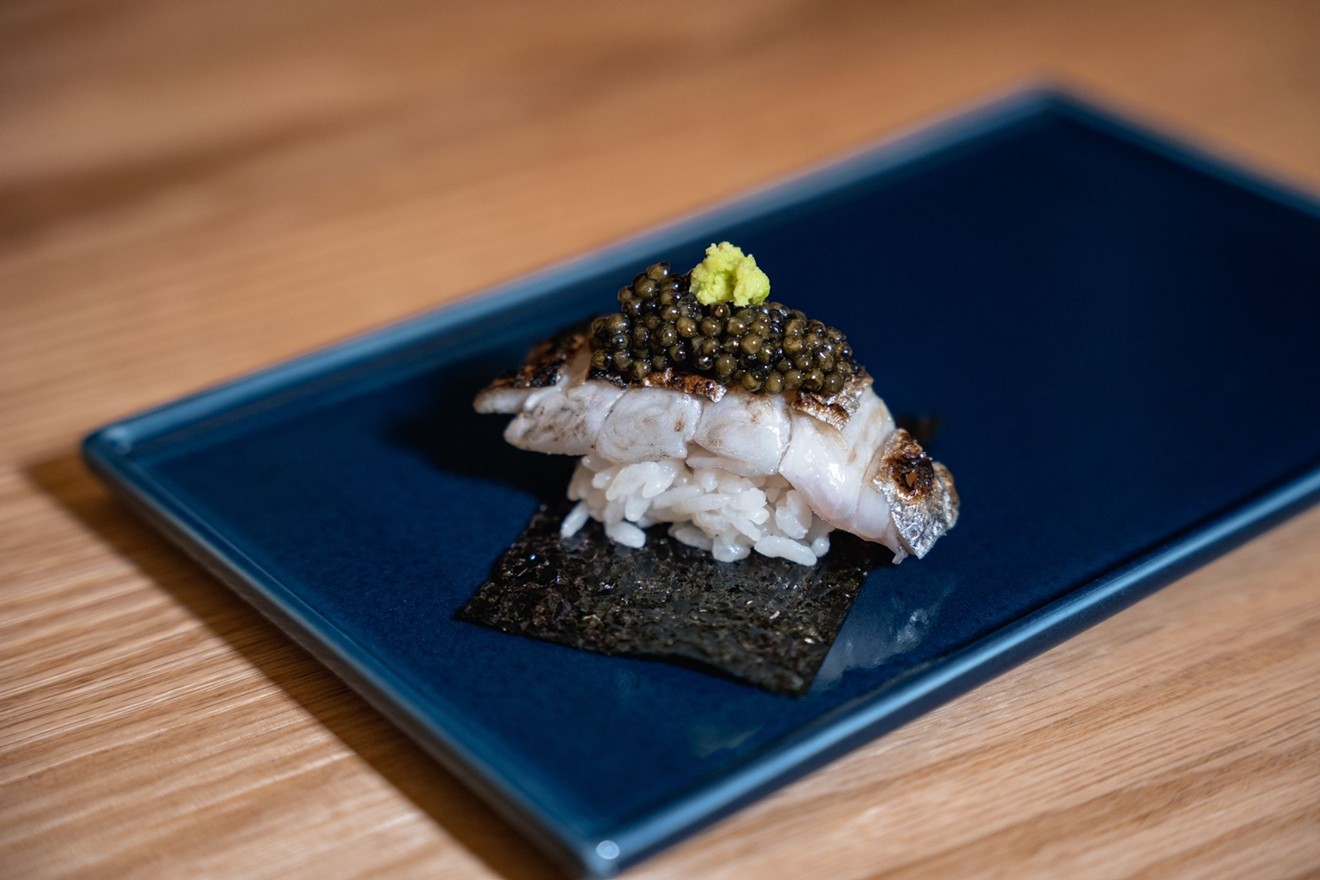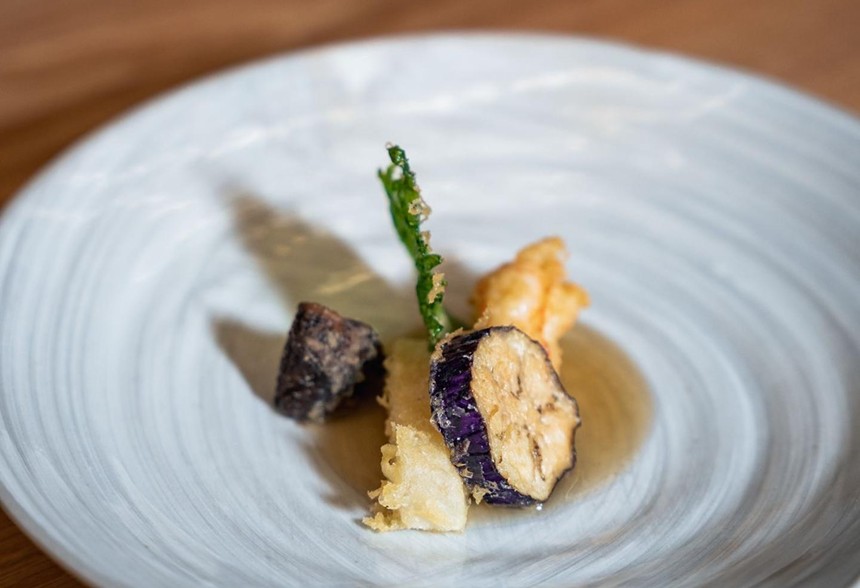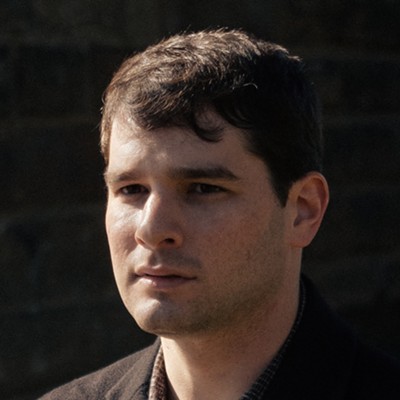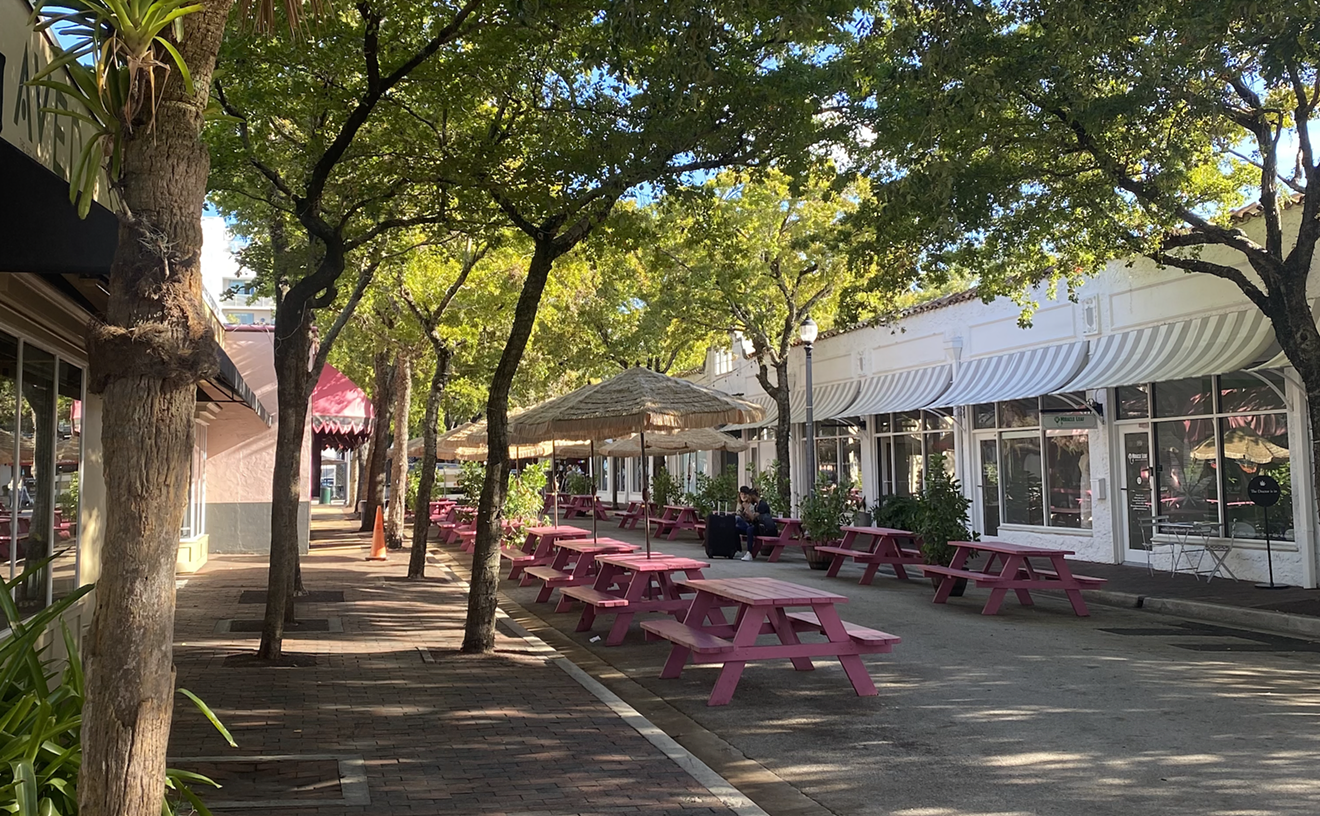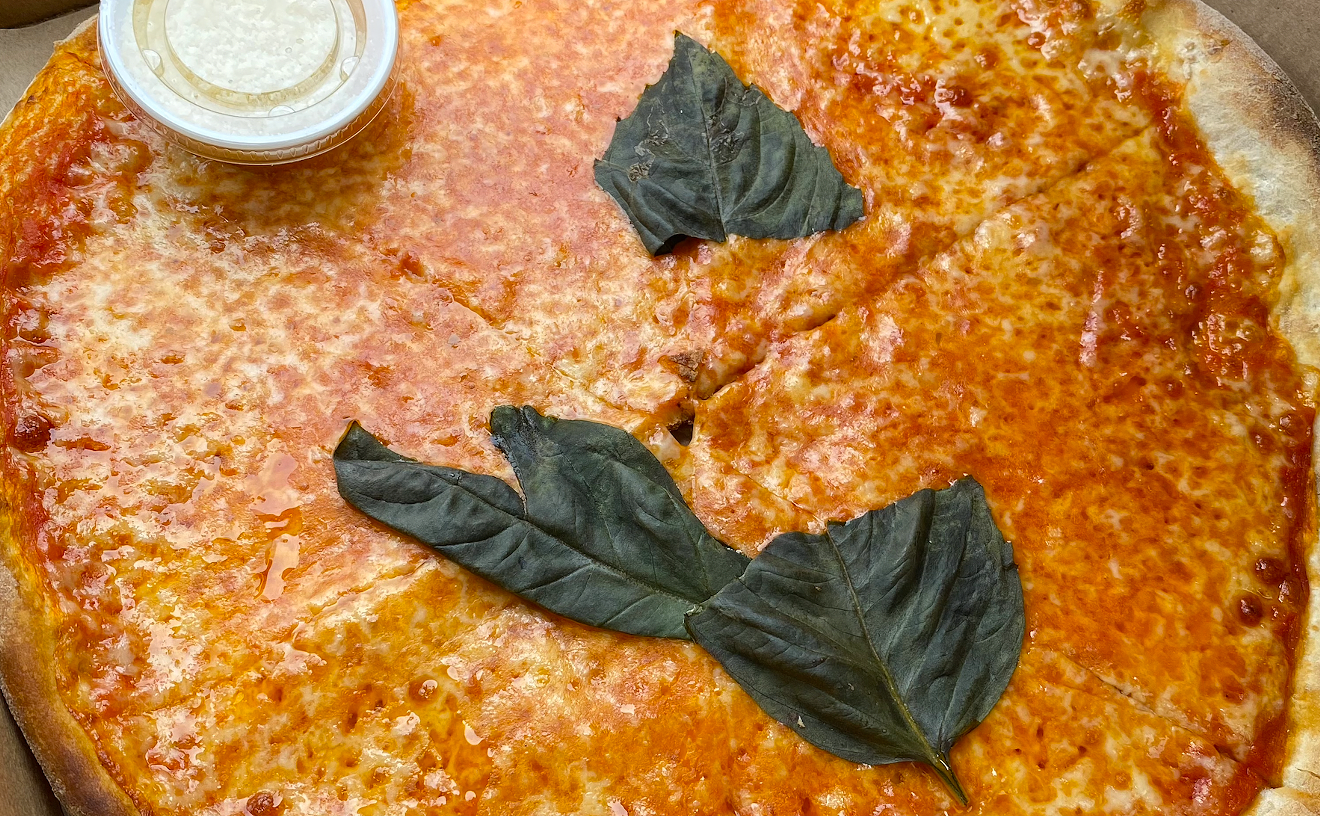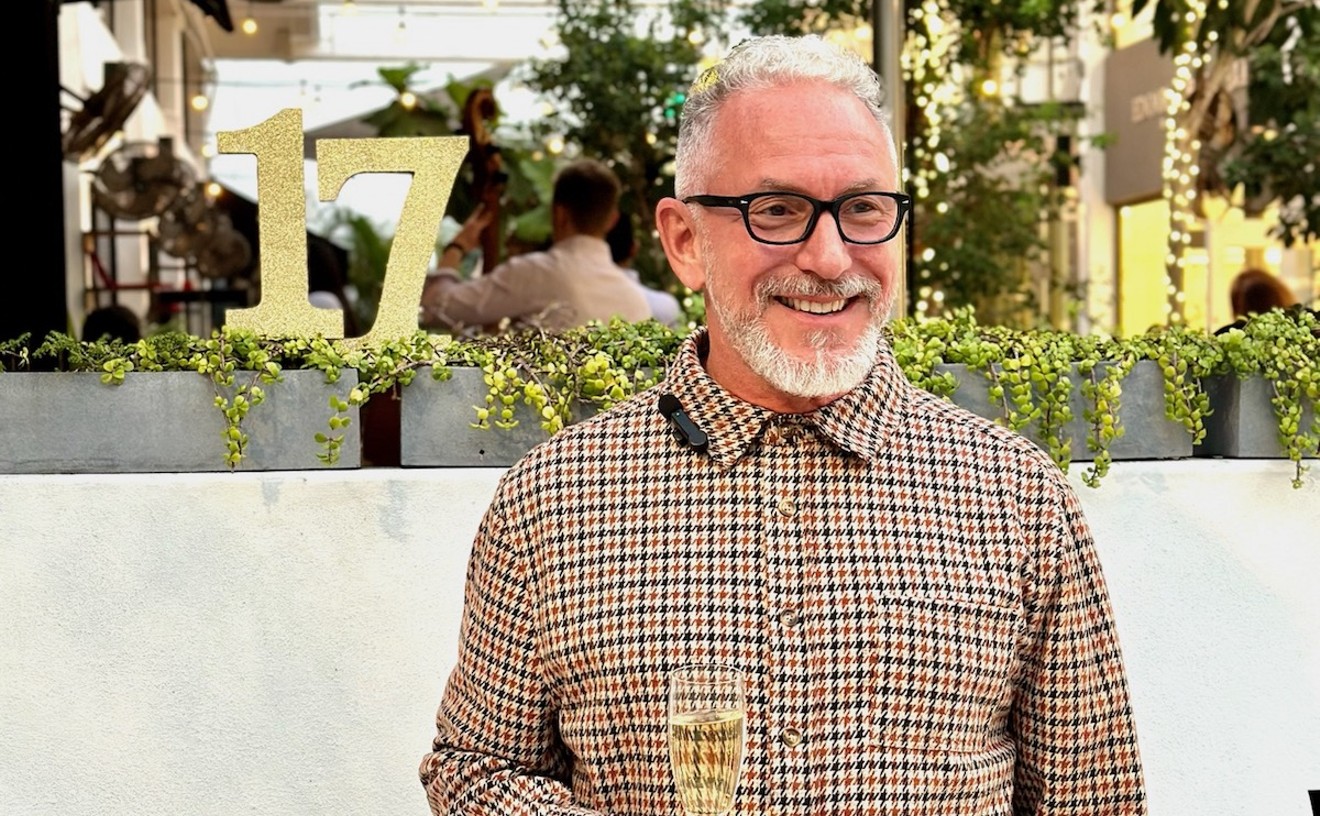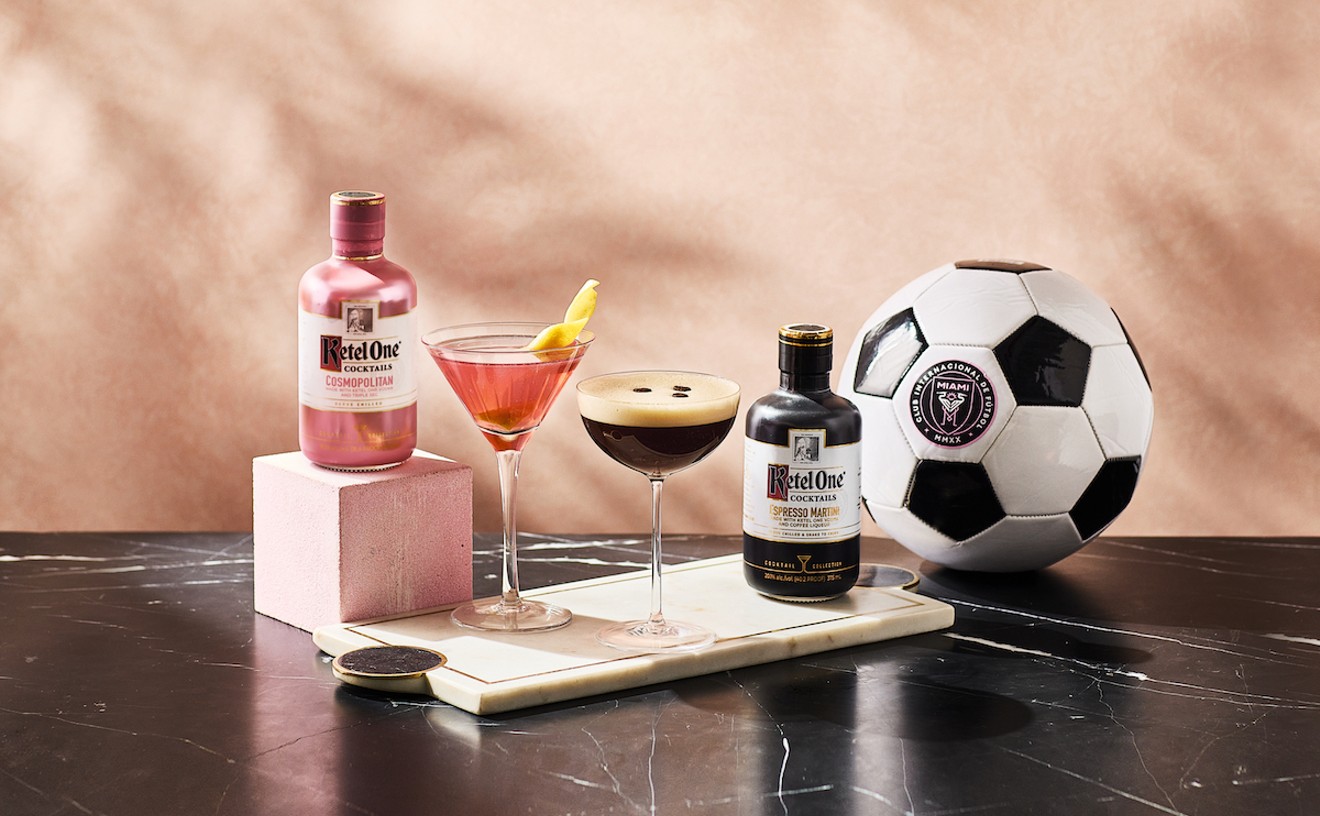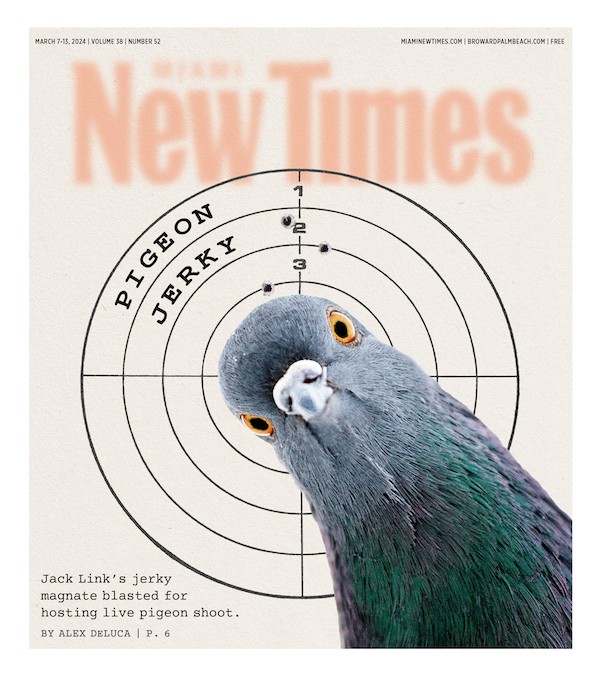Although there is no shortage of omakase experiences in Miami, from opulent sushi speakeasies on Miami Beach to the one behind a taco shop in Wynwood, this one is truly special.
It isn't even necessarily the food that makes dining at Ogawa an experience in itself. It's the attention to detail. Every dish we ordered was nothing short of sumptuous. The sushi, from the delicate baby sea bream to the melt-in-your-mouth otoro, was as tender and fresh as can be. Equally delicious were the slices of A5 Wagyu steak topped with oroshi sauce and shiso flowers and the squid nigiri served with a heaping portion of caviar on top.
The "we're not in Miami anymore" sensation is heightened by Ogawa's décor and ambiance. It's the scent of rice vinegar and freshly grated wasabi you detect in the air as you await the next course. It's the soft, subtle mix of classic Japanese jazz and lo-fi hip-hop on the stereo, the refined collection of ceramics, bamboo crafts, ikebana, calligraphy, and artwork that grace the walls. It's the outdoor garden that's perfect for sipping a whiskey after your meal and the sound of trains passing in the distance — as if the restaurant were a sushi counter somewhere in Japan.
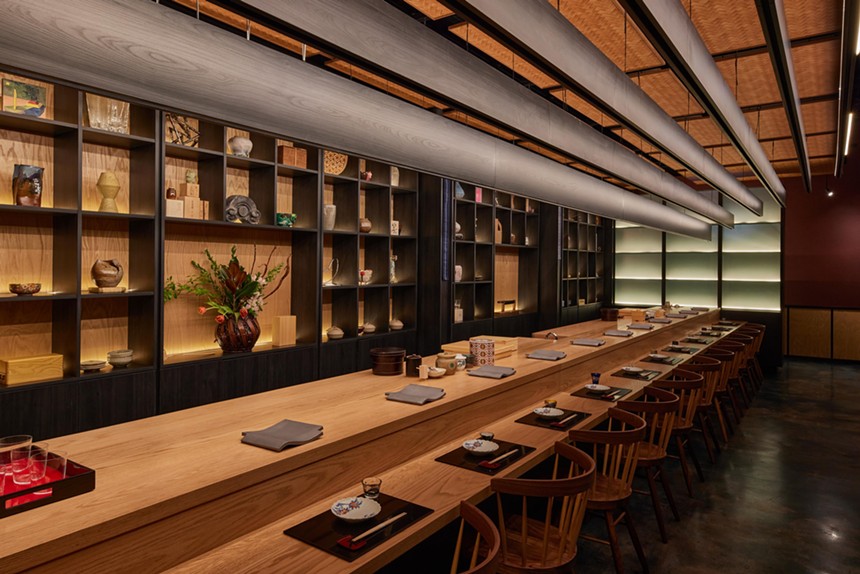
Ogawa's interior decor is filled with Japanese artwork and traditional Japanese crafts.
Photo by Michael Pisarri
The 11-seat restaurant is the work of Alvaro Perez-Miranda, owner of Hiyakawa in Wynwood and Wabi Sabi on the Upper Eastside, and master sushi chef Masayuki Komatsu, aka "Masa-san." They chose Little River — "ogawa," usually translated as "stream" or "creek," is a direct translation into Japanese of the neighborhood's name — for the restaurant after being approached by Matthew Vander Werff, the developer attempting to upscale the area. It's the first restaurant of its kind in the neighborhood.
"Little River is an area that's growing, and I thought, to be the first ones there would be impactful," Perez-Miranda says.
The two may well know Japanese culture and cuisine better than anyone in South Florida. Komatsu, originally from Japan's gastronomy capital of Osaka, has been plying his craft in Miami for a decade. Perez-Miranda, also an art dealer specializing in traditional Japanese genres like nihonga painting, worked in Japan's restaurant industry for 15 years and was the first U.S. Latino to be appointed a goodwill ambassador by the Japanese Ministry of Agriculture, Forestry, and Fisheries.
When he moved to Miami in 2015, however, he found the city's Japanese cuisine lacking.
"Every time I wanted to eat Japanese food like you eat in Japan, I couldn't find anything," he recalls.
He opened the neighborhood sushi spot Wabi Sabi with chef Shuji Hiyakawa in 2019. The two moved on to open the upscale Hiyakawa in 2020 and the casual Midorie in 2021 — always chasing the pinnacle of authenticity and consistency.
Their commitment to their craft has now been taken further at Ogawa, where their m.o. is "no compromise" — they use the highest-quality ingredients they can obtain. "I wanted to do a Japanese restaurant with an omakase, but the way it's done in Japan," Perez-Miranda says.
The menu for each evening's seating is decided the day before, and the restaurant works with a broker at Tokyo's Toyosu wholesale fish market to procure ingredients that are in season. There's supposedly a particular focus on products from Ibaraki northeast of Tokyo, including Wagyu beef and the prefecture's famed muskmelon, but the food I ate came from all over Japan: maguro (tuna) from Kesennuma, uni (eel) from Hokkaido in the far north, hirasuzuki (blackfin sea perch) from Ehime.
Although there is no set price or set amount of courses, diners may expect to pay anywhere between $175 to $300 per person if enjoying a set menu. Items ordered à la carte range from $16 to $20.
There's also the uniquely friendly manner of service. Ogawa specializes in kappo cuisine, a style developed in Komatsu's hometown of Osaka. Derived from the more formal kaiseki banquet cuisine, kapo is all about making the customer feel comfortable. Like any sushi bar, you watch them prepare your food in front of you, expertly slicing off bits of fish for sashimi and nigiri, taking just the right amount of marinated rice from a wooden container, and placing it delicately on your plate. But the crucial difference is that you can also just, well, talk to the guy. The chef consults with the diner, asking him what's good and what they're in the mood for. But he also entertains the guests, engages them in conversation, and tells them where the food came from, all while making sure the toro is cut just right. You can also order more food once the set menu is used up. It's all the elegance and finesse of a Jiro Dreams of Sushi with the intimacy and homeyness of Midnight Diner.
I lived in Tokyo briefly for a semester in college, and my meal at Ogawa filled me with a powerful, nostalgic yearning for the intangible things that make Japan so unique and soothing: refinement, simplicity, and omotenashi. Rarely is a dinner so moving. There are cheaper ways of pretending to go to Japan — Epcot is just a Brightline ride away — but the feelings instilled in me at Ogawa, the ways they will linger, are priceless.
Ogawa. 7223 NW Second Ave., Miami; ogawamiami.com. Reservations are available via exploretock.com.

